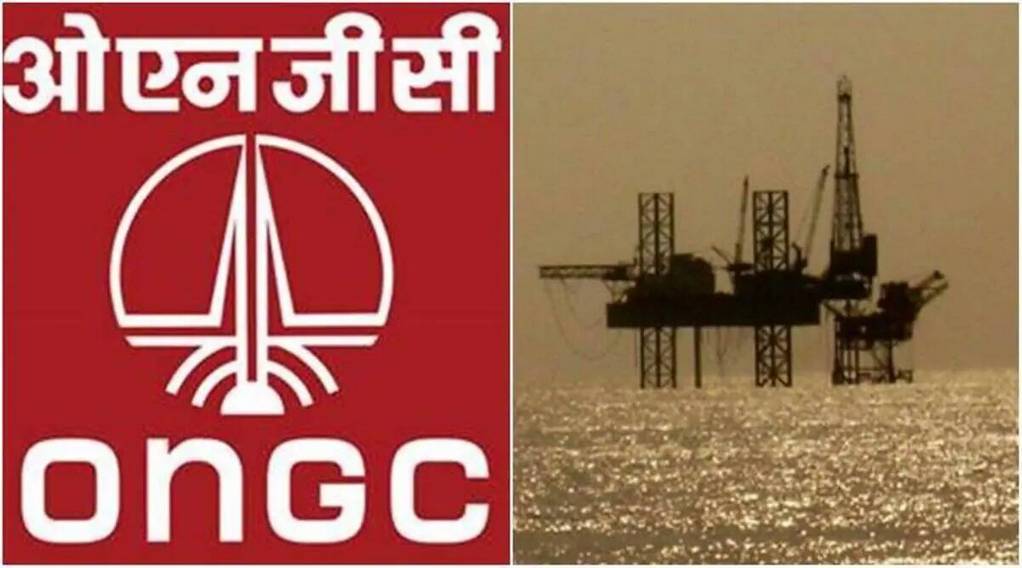Oil and Natural Gas Corp. (ONGC) will spend ₹1 trillion on green initiatives by 2030 to reduce its carbon footprint as part of a broader effort to achieve net-zero emissions by 2038.
ONGC’s chairman and managing director Arun Kumar Singh, told that the oil explorer has set an ambitious net-zero target and aims to cut both Scope 1 and Scope 2 emissions. Scope 1 emissions are from sources that an organization controls directly, such as fuel used in its operations or in running vehicles, while Scope 2 emissions refer to emissions from, for instance, the electricity it purchases.
According to the company’s presentation, ONGC has a renewable energy portfolio of 189 megawatt (MW) as of FY23, with plans to augment it to 10 gigawatt (GW) by 2030. The energy major plans to venture into offshore wind and green ammonia production, targeting 1 million tonnes per annum (mtpa) of capacity by the same year. The company has signed a memorandum of understanding for renewable energy projects of 5GW in Rajasthan and is scouting for another project with the same capacity.
With its net zero target in place, ONGC has joined the other oil and gas companies, including Indian Oil, Bharat Petroleum Corp. Ltd (BPCL), and Oil India Ltd, in setting the key climate target.
ONGC aims to become a “truly integrated oil and gas company” with an equal focus on crude production, refining and marketing. The company has major plans for the petrochemical segment.
Along with scaling up its green energy portfolio, the company would also enhance its exploration and production (E&P) activities. The oil explorer produced 19.58 million tonnes (mt) of oil in FY23 compared with 19.55 mt in the previous year. Its oil output is expected to rise to 21.26 mt in FY24 and reach 22.39 mt in FY26, according to the company.
Its natural gas output is projected to rise from 20.64 billion cubic metres (bcm) in FY23 to 23.62 bcm in FY24, which may touch 27.16 bcm in FY26.
Currently, ONGC has 162,000 sq. km of acreage, and it is looking to increase it to 500,000 sq. km by acquiring 100,000 sq. km every year, with an annual expenditure of ₹10,000 crore on exploration.
On its international operations, run by unit ONGC Videsh Ltd, the company said that operations at the Mozambique gas project, where Indian oil and gas companies own around 30% stake, are on course for resumption.
ONGC said the situation is improving at the project site after operations were halted due to security concerns.
The $20 billion ‘Offshore Area 1’ project has been under force majeure since April 2021, following attacks by Islamic State terrorists in the coastal town of Palma in Cabo Delgado province.
ONGC also said that oil output from the Sakhalin-1 project in Russia has recovered to 200,000 barrels per day (bpd). The company is in the process of reclaiming its 20% stake in the project, it said.
Tags: carbon emissions, ONGC, Scope 1, Scope 2



Recent Posts
TSUNEISHI Launches World’s First Methanol Dual-Fuel KAMSARMAX Bulk Carrier in the Philippines
Grimaldi Group Launches Ammonia-Ready Car Carrier Grande Shanghai in China
Incat Tasmania to Build Two Battery-Electric Ferries for Denmark’s Molslinjen
YamnaCo Signs MoU with Andhra Pradesh to Develop Large-Scale Green Hydrogen and Ammonia Project
WNTI and NEMO Sign MoU to Advance Nuclear-Powered Shipping and Mobile Nuclear Energy Solutions
TotalEnergies and CMA CGM Form Joint Venture for LNG Bunkering Operations in Rotterdam
Keel laid for Bibby Marine’s first zero-emission eCSOV
New Report Highlights Potential of Voluntary Insetting to Support Maritime Decarbonisation, Calls for Robust Safeguards